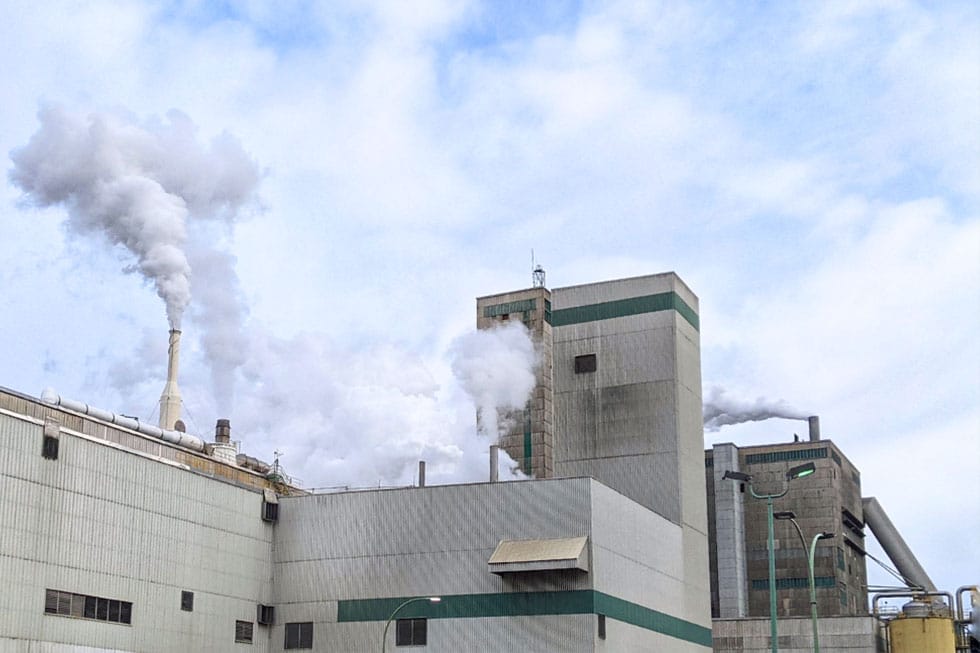Reporting to the NPRI is an important part of environmental compliance for industrial facilities in Canada. The reporting requirements are set out in the Canadian Environmental Protection Act, 1999 (CEPA). Failure to report or provide false information can result in fines and other penalties.
Who Needs to Report?
NPRI reporting is mandatory under CEPA. Facilities will need to report if they meet at least one of the following conditions:
- The facility’s employees work more than 20,000 hours (about 10 full-time employees) per year;
- Specific activities (such as incineration, wood preservation, wastewater treatment or fuel combustion) take place at the facility; and/or
- The facility manufactures, processes, uses or releases NPRI substances above reporting thresholds.
What Information Makes Up a Report?
NPRI reports are submitted through ECCC’s Single Window Information Manager (SWIM), and include the following:
- Facility information, such as location, parent companies, contact information;
- Operating information such as applicable environmental permits, hours of operation, number of employees, activities conducted;
- Substance information, consisting of the quantity that was released to the environment, disposed, or recycled, for each substance which was manufactured, processed, or used at the facility over the applicable reporting threshold; and
- Pollution prevention information, including any activities conducted to reduce environmental impact during the reporting year.
What is the Information Used For?
The information collected by the NPRI is used for a variety of purposes, including:
- Identifying sources of pollution and tracking trends over time;
- Informing policy and regulatory decisions related to air, water, and soil quality;
- Supporting research and analysis related to the health and environmental impacts of pollutants; and
- Providing information to the public, including community groups and NGOs, to support their advocacy efforts and help them better understand the impacts of industrial activities on their communities.
How Can We Help?
The NPRI Reporting framework is complex; an assessment of your facility’s operations is needed to determine whether the reporting thresholds are met. Keystone Environmental’s technical experts stay updated on current reporting regulations and requirements to ensure we can efficiently assist in assessing your operations and collecting the appropriate data required to complete your submission.
For more information, contact our Engineering Department Head, Richard Johns.

